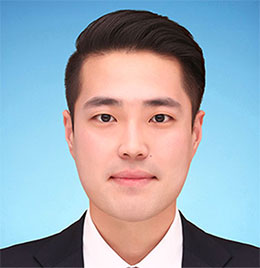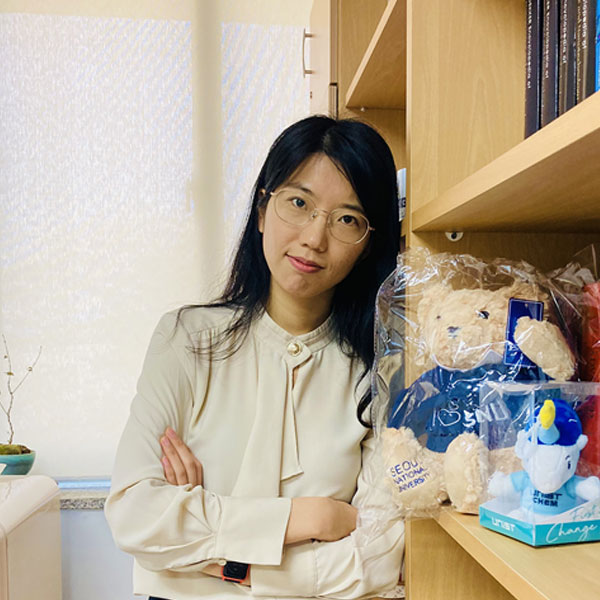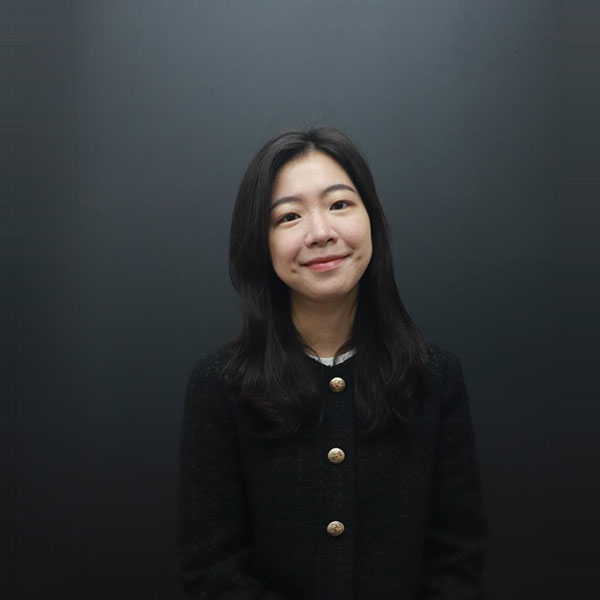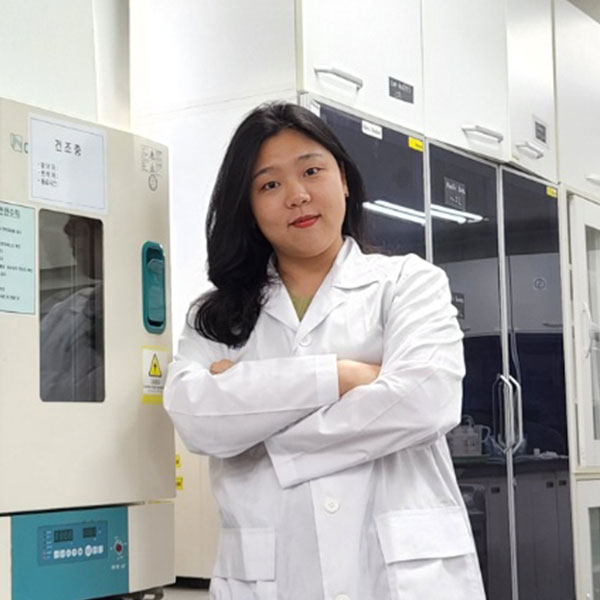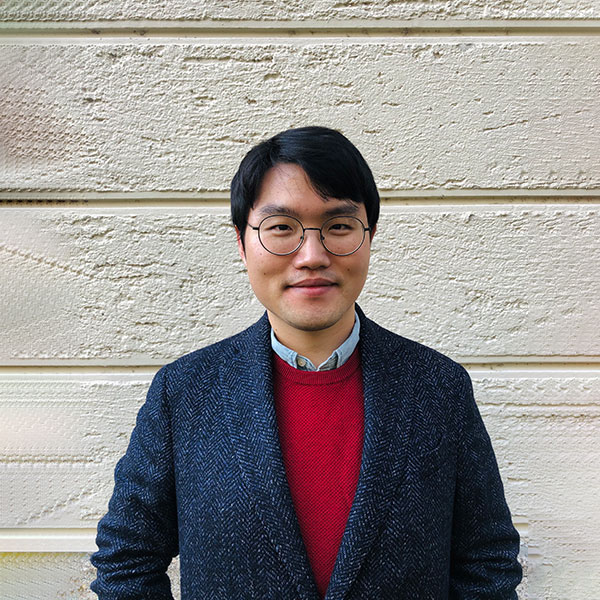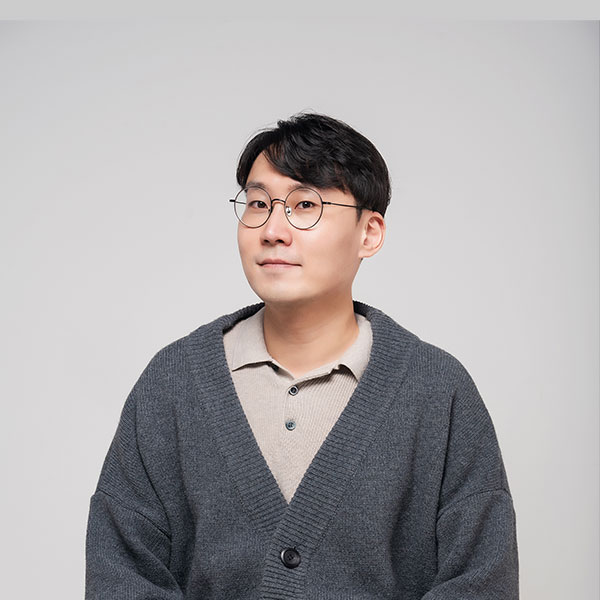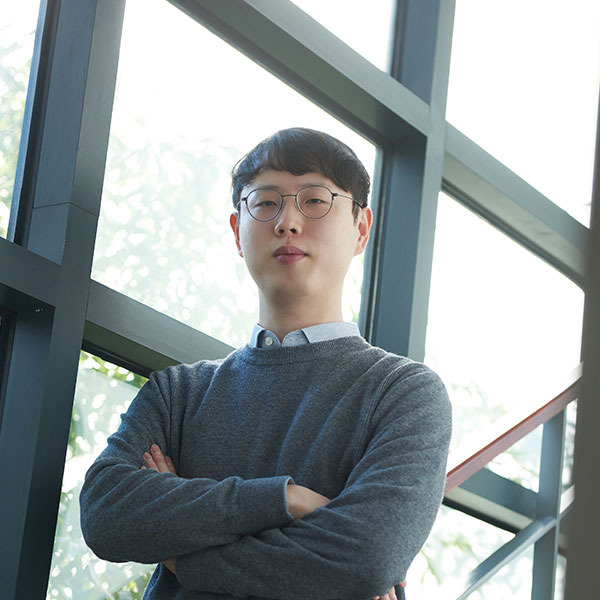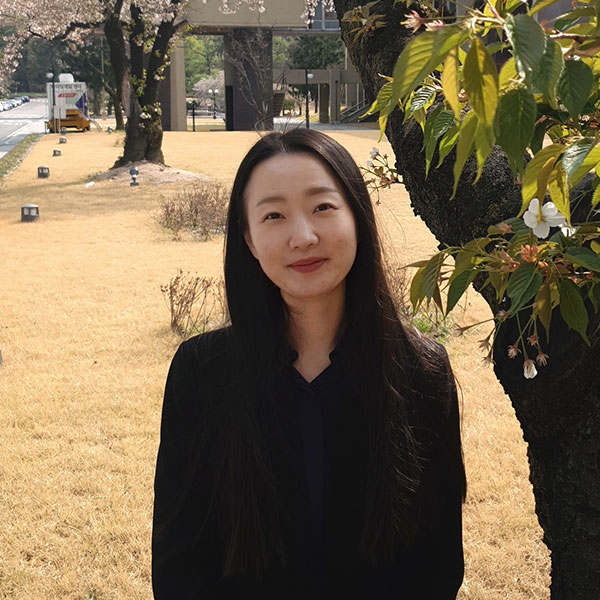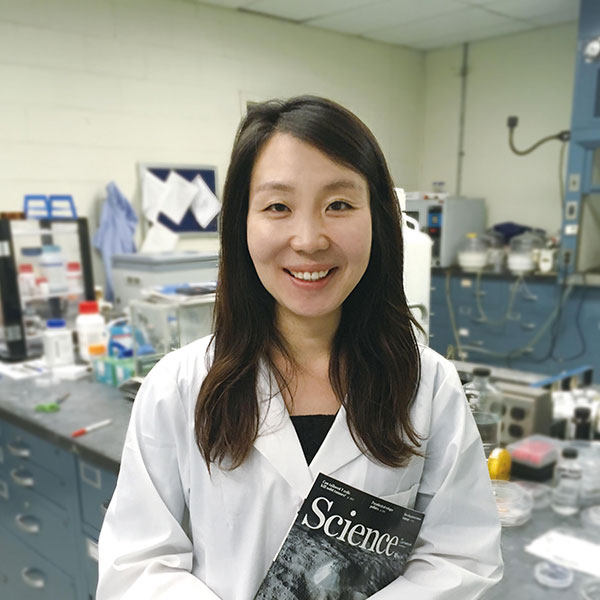What do you think are the strengths of UNIST Chemistry?
I think the world’s best research environment and the research ability of professors are the strengths of UNIST chemistry department. When I interacted with researchers from other research institutes, there was no advanced analysis equipment or I had to wait a month for the analysis schedule. The accessibility and specifications of advanced analysis equipment of UNIST chemistry are definitely top level of the world. The use of high-level analysis equipment is directly related to the quality of research, in especially the catalyst material field I studied, so I was able to produce good results by utilizing an excellent research environment during my Ph.D. at UNIST. Furthermore, professors of UNIST chemistry showed active and open-mindedness about collaboration, so there were many opportunities to conduct high-quality multidisciplinary convergence research. In addition, I felt that young and passionate professors put the greatest importance on discussion with students in horizontal relationships and growing individual students into independent researchers. I think this excellent research environment and passionate professors are the driving force behind making UNIST’s chemistry department the world’s best research institute.
What was the most difficult part during your degree and how did you overcome?
I thought a lot about uncertainty about my career path and future. Since taking a degree course will inevitably delay the start of social life than my peers, I kept doubting my career path and whether I was on the right path for myself. Whenever I did that, I consulted with advisor and professors, and I gathered myself together by communicating with my friends and colleagues in the lab. As a result, I realized that most of the worries were not solved immediately, and it seemed important to use 24 hours a day most efficiently as a researcher. Since then, I have been able to complete my degree well by emptying my head and carrying out a daily research schedule. I think students who are taking degree courses will have a lot of worries like this, but if they take care of their worries by themselves, it takes a long time to get out and sometimes they go the wrong way. I would like to say that there will be good results if you communicate with your advisor and colleagues as much as possible and continue to carry out your research with confidence.
What do you currently do after graduation?
I received Ph.D. in chemistry at UNIST in February 2021, and from December 2021 to now, I am working as a senior researcher at the Environmental Resource Research Center of the Korea Chemical Research Institute. Due to the nature of the government-contributed research institute, its main task is to secure national scientific technology competitiveness by developing the science and technology that governments and people need. Among them, our team, which deals with environmental technologies to cope with climate change, is conducting research on the development of catalytic system that convert greenhouse gas CO2 into value-added compounds. Based on my research experience in development of novel CO2 conversion catalysts in the course of Ph.D. degree, I’m now focusing on research that scale up mass production of catalyst materials and build-up pilot demonstration processes. Recently, I’m also doing my best to guide researches of students and interns.
What is the most rewarding and happiest moment in your career?
The happiest moment as a researcher was when the results of the study were published in the desired journal. In order for a paper to be published, it goes through designing idea, experiments and analyses, writing manuscript, and peer-review. This process takes three to six years in my experience. In the meantime, researchers overcome the time of patience to correct numerous experimental failures and revise manuscript. After that, the accept mail received from the journal made me feel incomparable happiness. The publication of the paper seems to be one of the most meaningful to researchers because it has been recognized by prominent scholars for its own theory and validity, and means contributing to the advancement of human knowledge.
Do you have any long-term goal or dream?
The development of CCU (Carbon Capture and Utilization) technology is underway worldwide to carbon neutrality in 2050, but few cases have been applied to actual industrial sites. In various CCU technologies, I am interested in catalytic conversion of CO2 into valuable biofuels. To break through the barriers of CCU technology, the goal is to develop a new concept catalyst system with the merits of both heterogeneous (high activity and stability) and homogeneous (high selectivity) catalysts, and to implement a CCU system that can be applied to industrial sites by expanding to demonstration scale. Through this, the final goal is to contribute to CCU technology innovation, securing national technology and strategic materials, and responding to climate change.
As a UNIST graduate, what advice would you give to students?
Please take pride in being member of the world’s best research institution. After receiving a degree for about 10 years in UNIST, I felt that UNIST was growing rapidly. I think this comes from the world’s best research environment, passionate and sincere faculty and students who are constantly challenging without complacency. Graduates are also active in university, government-funded research institutes, and leading conglomerates, proving that UNIST’s direction and professors’ view of education are correct. I want to say that the juniors will continue to think about the uncertain future and numerous choices, and if they are confident in themselves at every moment and do their best, they will face the future they imagined. I express my deep condolences to the juniors who must have been tired of the COVID-19 crisis, and I look forward to and support the juniors who will stand out in various fields.
